115,000 Trees Planted in Uganda to Ease the Effects of Climate Change

Get news, updates, & event Info delivered right to your inbox:
Reforestation Recap! 115,000 Trees Planted With Local Communities for Environmental & Social Impact
Reforestation for climate in Africa has momentum and they have the trees to prove it. In Paibona, northern Uganda, communities have been taking notice that the rainy season has gotten shorter and delayed due to climate change. Because of this shift, local communities are now more eager and ambitious than ever to participate in reforestation and other regenerative activities.
A community effort makes all the difference in the world when it comes to reforestation. It creates a bond between the people and the trees. It also ignites excitement in neighboring communities to get involved too. Here is how the community of Paibona is getting it done.
Why Restoration is Needed
Residents of Uganda have become increasingly concerned about deforestation. While this has long been an issue in the region, the true long-term negative impact has caught up to local communities who are now seeing the effects. In addition to a loss of forest and soil health, there is now a change in the critical rainy season which affects agriculture and livelihoods.
There are two reasons for this to be occurring: climate change and the overuse of resources. These changes have greatly affected agricultural yields causing farms to be less productive. Which has also put food security at risk. According to the National Forest Authority, in the past 25 years Uganda has lost 63% of its forest coverage due to tree-cutting - for firewood, timber, and charcoal - as well as for the growth of agriculture and towns.
How Farmers are Leading the Way
Our local reforestation partners at Kijani Forestry work directly with the community in Paibona which has 150 farmers dedicated to planting on their land in order to reforest the area. Initially most farmers said there were little to no trees on their land, and part of that was due to a lack of access to seedlings in order to integrate trees on their farms. Once this challenge was overcome, they began to see results. Farmers are some of the greatest tree planters after all. It's in their nature to plant and make things grow. Working directly with farmers has the additional benefit of providing more personal after-care for the trees planted, ensuring that they get enough attention in order to thrive for many years to come.
All of the trees were planted on land owned by shareholder farmers, which is an approach associated with high tree survival rate. On top of the personal care these trees receive from farmers, they will also be tracked with Greenstand tracking technology which will log the long-term ecological impact of the trees by tracking their location, growth, and survival. There is great incentive for the farmers as they reap the long-term benefits of these trees through sustainable business.
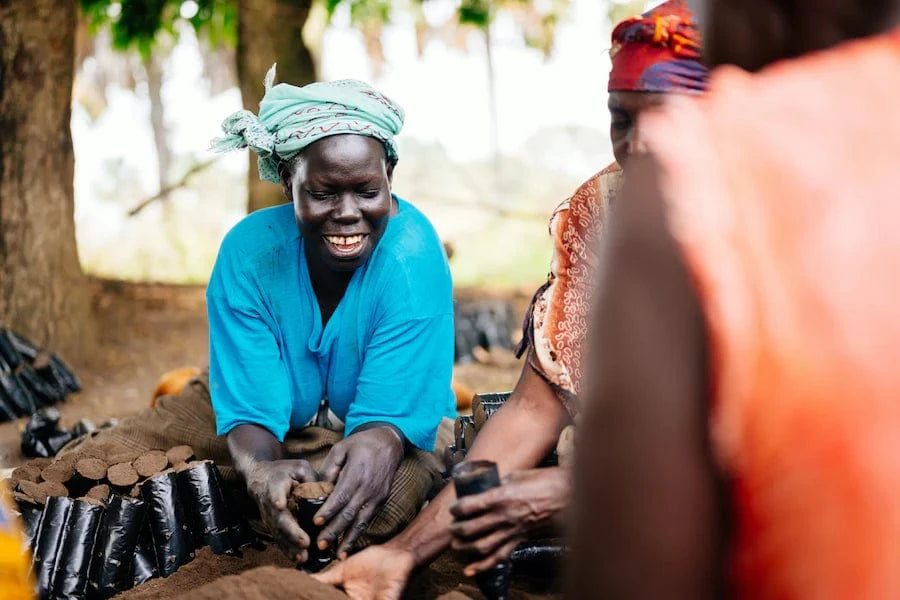
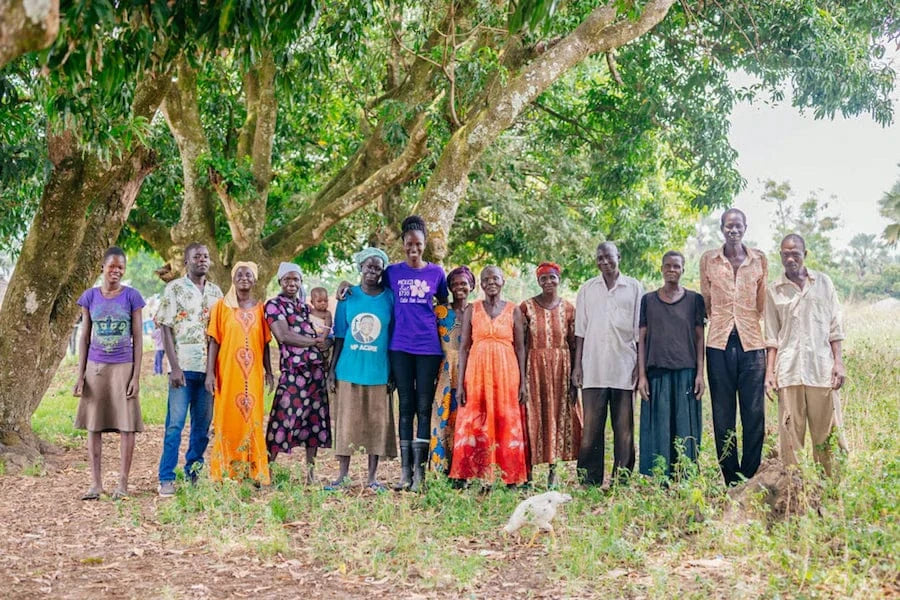
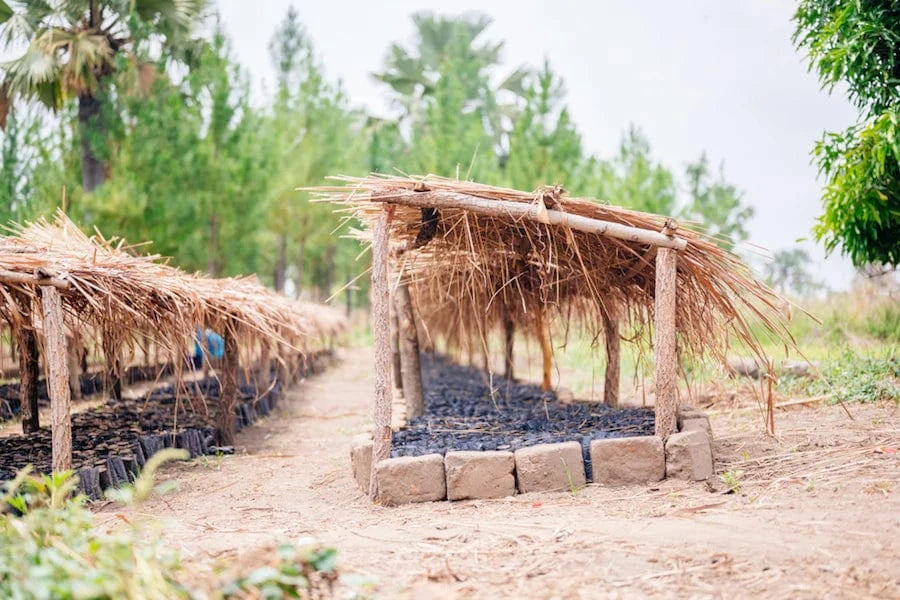
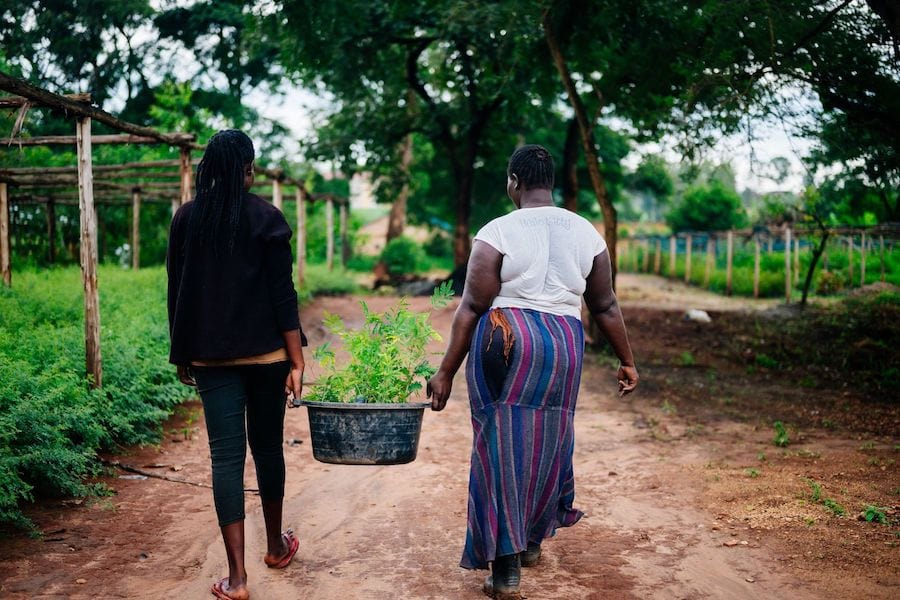
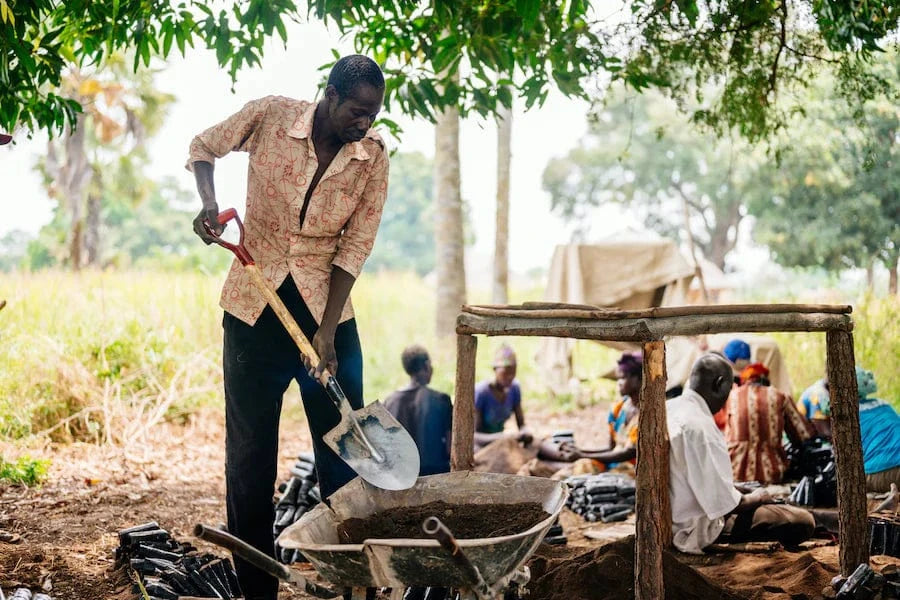
Trained 150 farmers on agroforestry, intercropping, and tree careEstablished 7 new nurseries in rural communitiesHow Will Tree Planting Help?
Planting trees in Uganda is about much more than just the the act of getting trees in the ground. It is also about setting up sustainable processes that will have a long-term impact, which in turn will benefit the environment, local famers, and the communities they are serving - especially future generations. This project has accomplished the following:
- Planted over 115,000 trees in northern Uganda
- Established 7 new nurseries in rural communities
- Trained 150 farmers on agroforestry, intercropping, and tree care
- Planted and helped protect two endangered tree species
- Ignited an excitement for neighboring communities to start planting trees as well
We continually see the importance of community involvement when it comes to tree planting. The network of farmers and communities involved end up being essential in getting the word out about reforestation. It is not hard to see the benefits that come with planting trees – environmentally, economically, and socially.
Native tree species were selected carefully to help with both restoration and benefitting the farmers and their lands. Fast growing tree species will also help to catalyze the process of natural regeneration. Species that have been planted include Avocado, Shea, Afzelia africana (endangered species), Gmelina arborea, Gravillea robusta, Acacia "ongono", and Leucaena leucocephala.
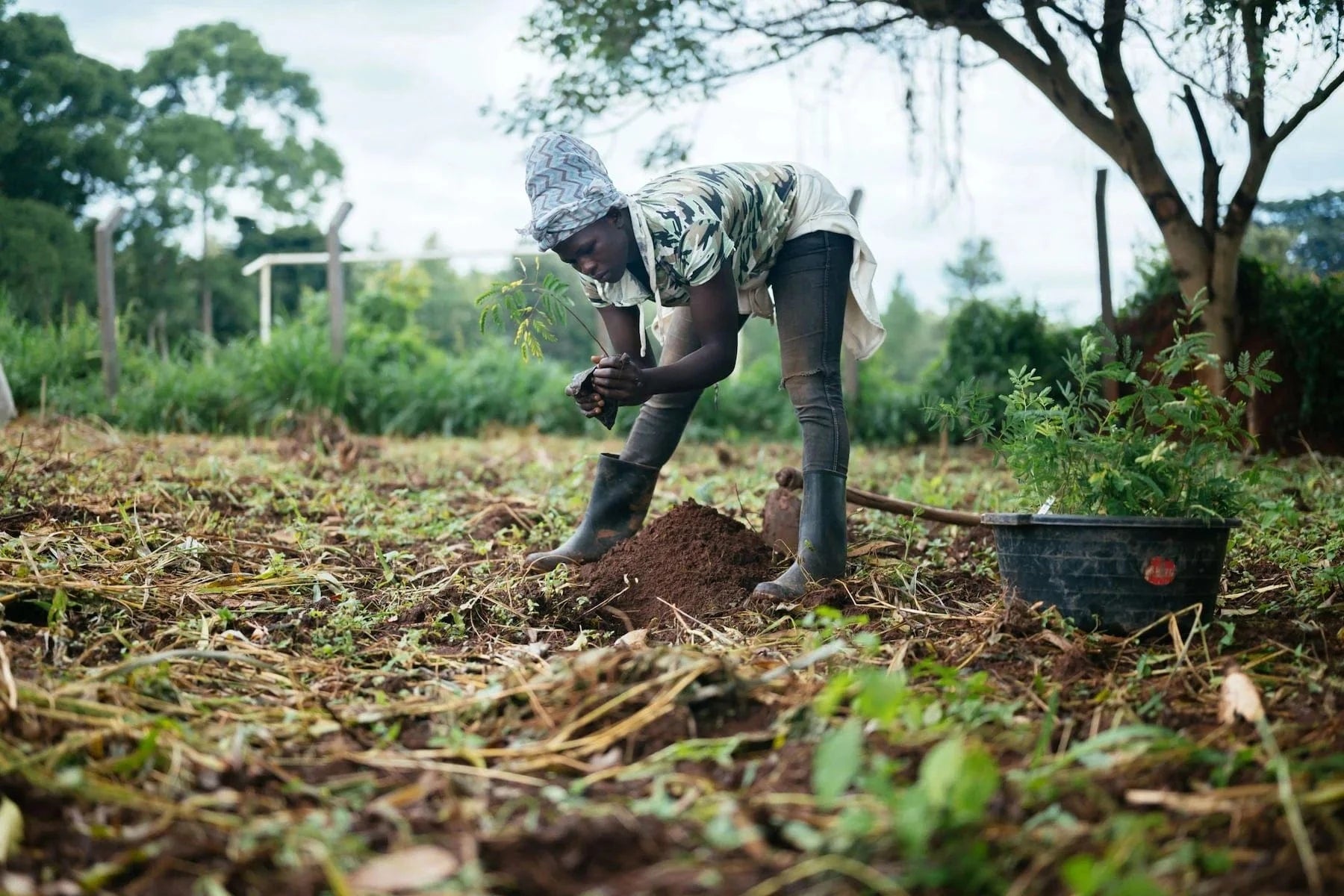
Win - Win Solutions
We are thankful to work with amazing people and partners like Kijani Forestry and the people of Uganda. The power of planting trees and coming together for a common goal is always a great reminder that there is still hope for reversing the negative effects we have seen from climate change. Projects like this not only bring together people who are passionate about saving the planet, they also generate curiosity and provide education and awareness for those who have not quite yet caught onto the importance of restoring degraded lands into the beautiful forests they once were and how this will help put a halt to climate change. Plant trees in Africa and other areas around the world!
Get news, updates, & event Info delivered right to your inbox:
Related Posts
Sustainable Diet Tips: How to Eat Healthy While Protecting the Planet
13/01/2026 by Meaghan Weeden
Agroforestry Explained: Principles, Benefits, and Case Studies
08/01/2026 by Meaghan Weeden
Plant Your Resolution: Making a Global Impact With The Grove
01/01/2026 by One Tree Planted
Popular On One Tree Planted
How to Reduce Waste: 21 Practical Zero Waste Tips for Everyday Living
23/12/2025 by Meaghan Weeden
Inspirational Quotes About Trees
16/12/2025 by Meaghan Weeden
The 9 Oldest, Tallest, and Biggest Trees in the World
11/12/2025 by One Tree Planted
Fundraising Disclosures

Be Part of the Restoration Movement
The Grove is more than just a monthly giving program: it's a vibrant community of individuals who are dedicated to reforestation and environmental restoration on a global scale.





